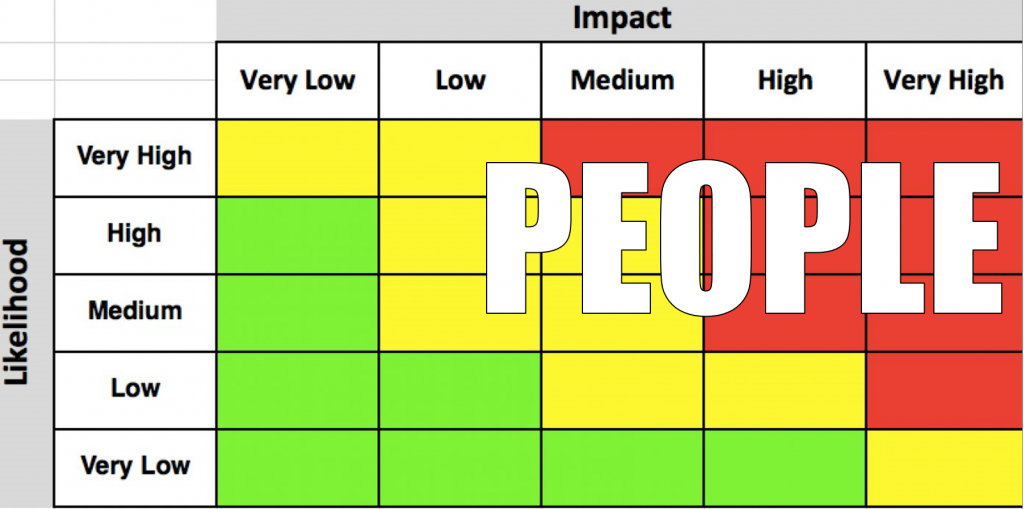October is behind us, a big month for national security awareness campaigns across several countries. For many, campaigns like this offer the only security training people get during the entire year. But a campaign oriented approach like this has also a few limitations. You simply cannot frame all your company’s security training needs within one month. Campaigns cannot be arranged for each and every other month either. So, what should you do when October ends?

Continue reading “Security Awareness for the Rest of the Year”







